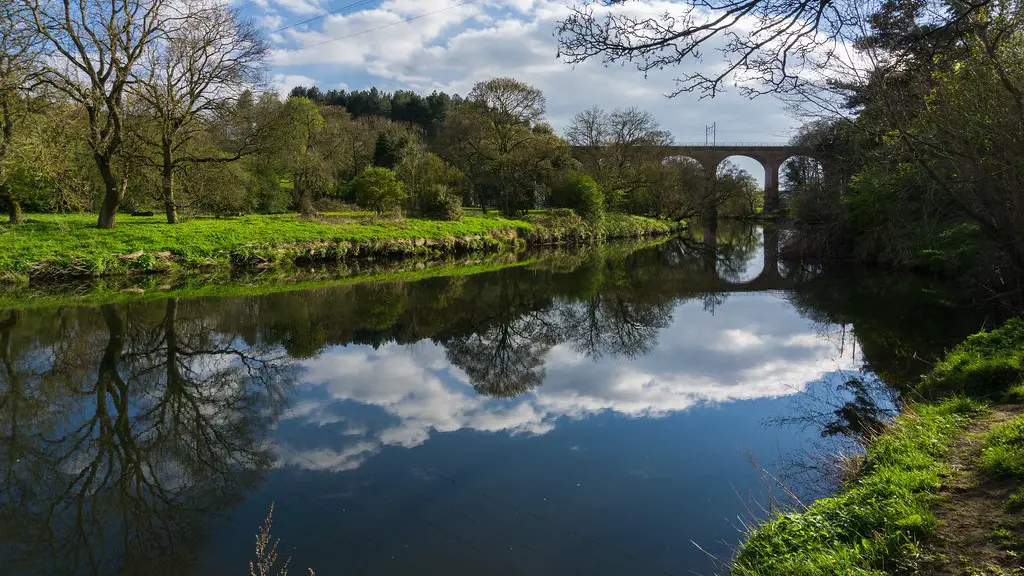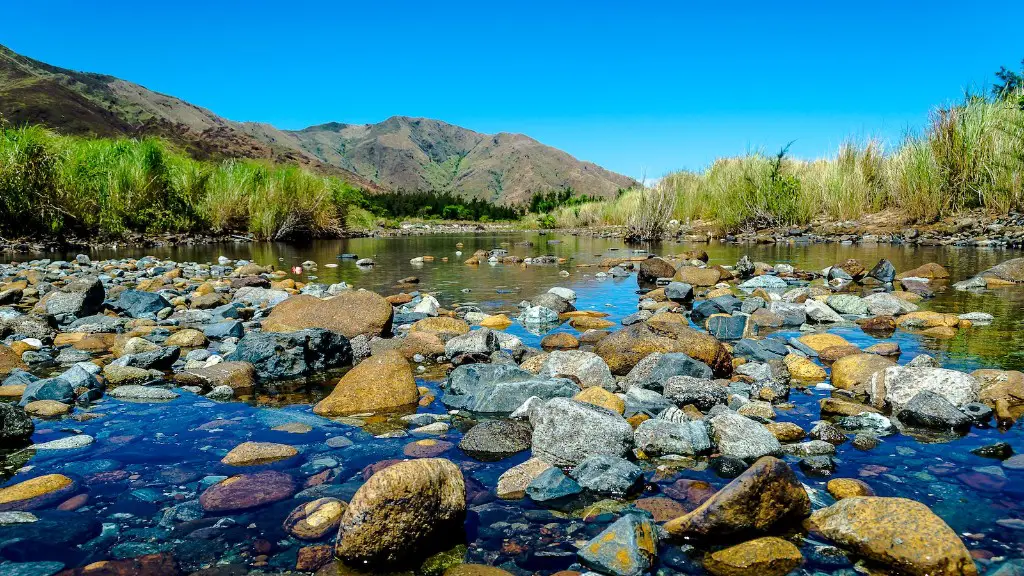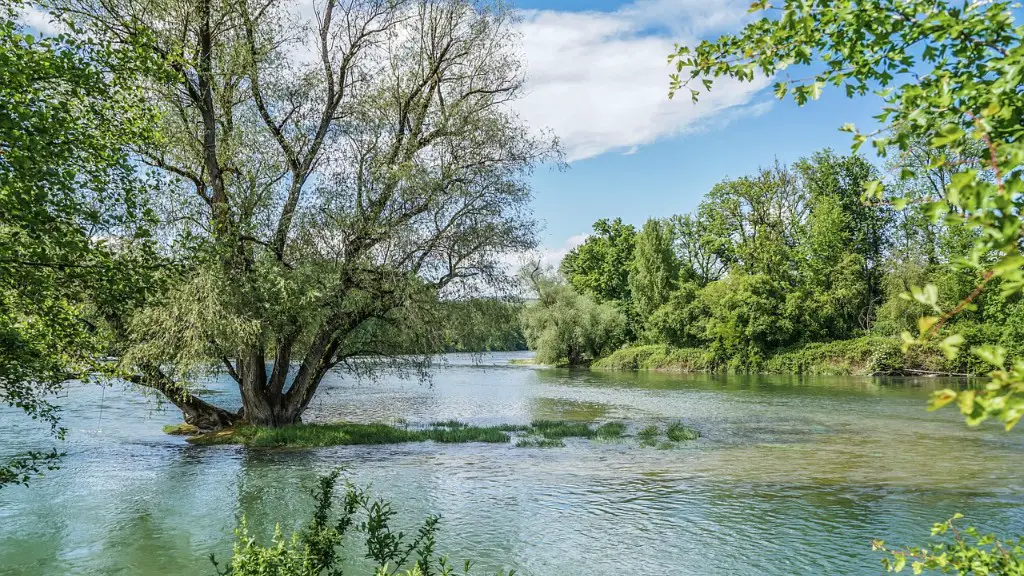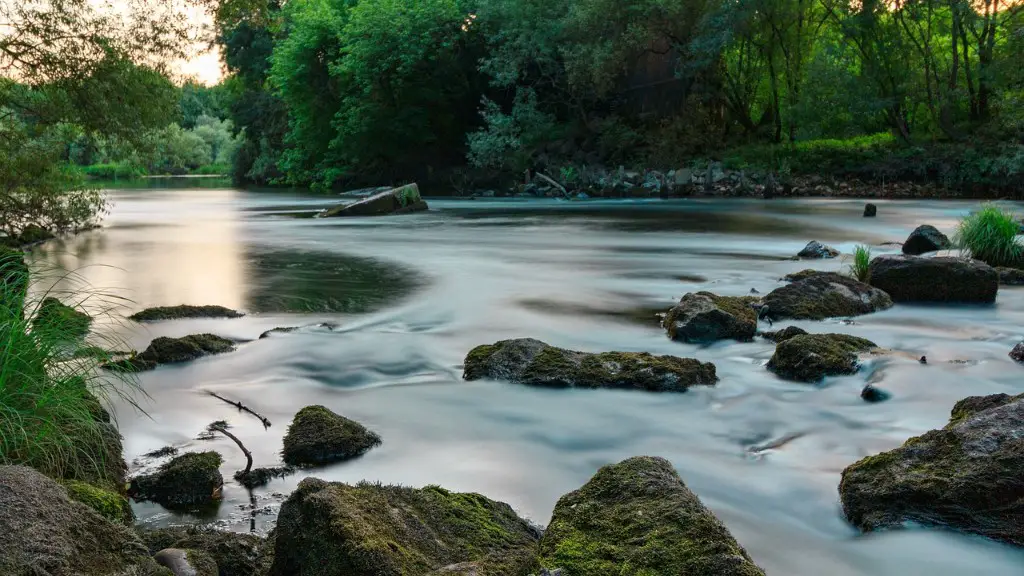The History of The Mississippi River
The mighty Mississippi River is one of the most important rivers in the United States. It has been a vital asset to the country since its early beginnings, dating back to the establishment of the Louisiana Purchase in 1803. Spanning over 3,800 miles, the Mississippi River flows through 10 states and serves as a major transportation route for goods and services, as well as providing drinking water to 30 million Americans.
The ancient voyageurs and explorers of the 17th century paved the way for the increased navigation of the Mississippi River as they sought to open a trade route to the west. Even then, its immense economic and ecological value were recognized and respected.
Then, in the 19th century, the settlement of the American West triggered a period of massive engineering projects with the river becoming the center point for infrastructure. Canals, locks and dams were built to control the flow of the river and make it navigable. Before long, the Mississippi became a crucial artery for transporting both goods and people across the country, providing a lifeline for commerce. It remains a major trade route to this day.
The Mississippi River is a diverse and unique ecosystem, supporting a vast array of species. From the small bacteria to the majestic bald eagle, from the colorful carp to the American alligator, the river is full of life. A plethora of aquatic plants, reptiles, birds and insects create a diverse and vibrant habitat, making the Mississippi River an ecologically important body of water.
Thanks to its vast beauty and navigability, the Mississippi River is an important economic asset for the United States. Let’s take a closer look at how the river impacts our economy.
Economic Impact of The Mississippi River
The Mississippi River serves as a lifeblood for the economy of the United States. It is both an integral commercial route and an essential source of drinking water to 30 million people. Billions of dollars are generated in trade every year, with the river playing a pivotal role in connecting factories and distribution centers. Thanks to its wide and deep channels, it is capable of handling large vessels, greatly reducing the cost of shipping goods and services over long distances.
The fishing industry is another important beneficiary of the Mississippi River. It provides an essential habitat for many species of fish, allowing anglers and commercial fishermen alike to reap the benefits. As a result, it is a major contributor to the local economies in states along the Mississippi. It also helps to create jobs and revenue, providing a much-needed boost to the area.
In addition, the river is an important source of energy for many areas. Its hydroelectric dams generate electricity for millions of homes and businesses. This clean and renewable energy source helps to reduce dependence on fossil fuels, aiding the environment and creating jobs for local communities.
It is also worth noting that tourism is a major source of income for many towns and cities along the Mississippi. Cruises are popular with visitors, as they can enjoy the lush landscape and diverse wildlife without having to leave the comfort of the river banks. For instance, the popular Magnolia River Cruise in Louisiana offers a unique experience, providing tourists with a glimpse into the rich history and culture of the area.
Agricultural and Industrial Uses
Agriculture and industry are two of the primary drivers of the Mississippi River economy. The fertile soil and moderate climate that exist along the riverbanks make them a prime location for farming and agriculture, with crops like cotton and soybeans being heavily cultivated. The Mississippi River Delta also serves as an important habitat for waterfowl and provides a large source of fresh seafood, providing sustainable food and revenue for the region.
In terms of industry, the river plays an important role in connecting factories, distribution centers and ports. This provides a steady supply of raw materials in the form of wood, steel and oil, enabling the manufacture of products that are shipped down the river and into the surrounding areas. As such, it is an essential factor for many local businesses.
Environmental Effects
The Mississippi River is an important resource for communities in the southern United States, but it has had long-term environmental effects. The river carries pollutants along its length, making it prone to floods and excessive sedimentation. Consequently, it is essential that the river is regularly maintained and monitored to protect it from further damage.
In addition, the river is habitat to many species of wildlife and plants, some of which are endangered or threatened. Due to the large number of vessels passing through the river, collisions and pollution have had a noticeable effect on the biodiversity of the area. It is therefore necessary to establish conservation efforts in order to protect the environment and maintain the delicate balance of the ecosystem.
In recent years, the river management has shifted focus to conservation and sustainability. An improved understanding of the importance of the Mississippi as an economic asset has led to improved regulation and more efficient maintenance. This is absolutely crucial for the long-term health of the mighty Mississippi River.
Role of Government
The government plays an important role in the upkeep of the Mississippi River and the maintenance of its economic importance. It is responsible for the proper management and regulation of the river, ensuring that it meets rigorous safety and environmental standards. Federal agencies have established safety requirements for vessels travelling along the river, allowing them to bypass dangerous areas. The government is also overseeing long-term projects to improve navigation and restore the environment.
In addition, the government funds activities such as agricultural research and conservation programs. This helps support the communities that rely on the river for their economic well-being. Finally, the government provides emergency aid in areas affected by floods and other natural disasters, helping to rebuild homes and businesses.
Conclusion
The Mississippi River has been a vital part of America’s history, culture and economy for centuries. It is an essential source of drinking water, a major transportation route and a key contributor to the local and national economy. Its vast ecosystems, amazing biodiversity and immense significance make it an incredibly important natural resource. It is therefore essential that it is properly managed and regulated to ensure its health and vitality in the years to come.




